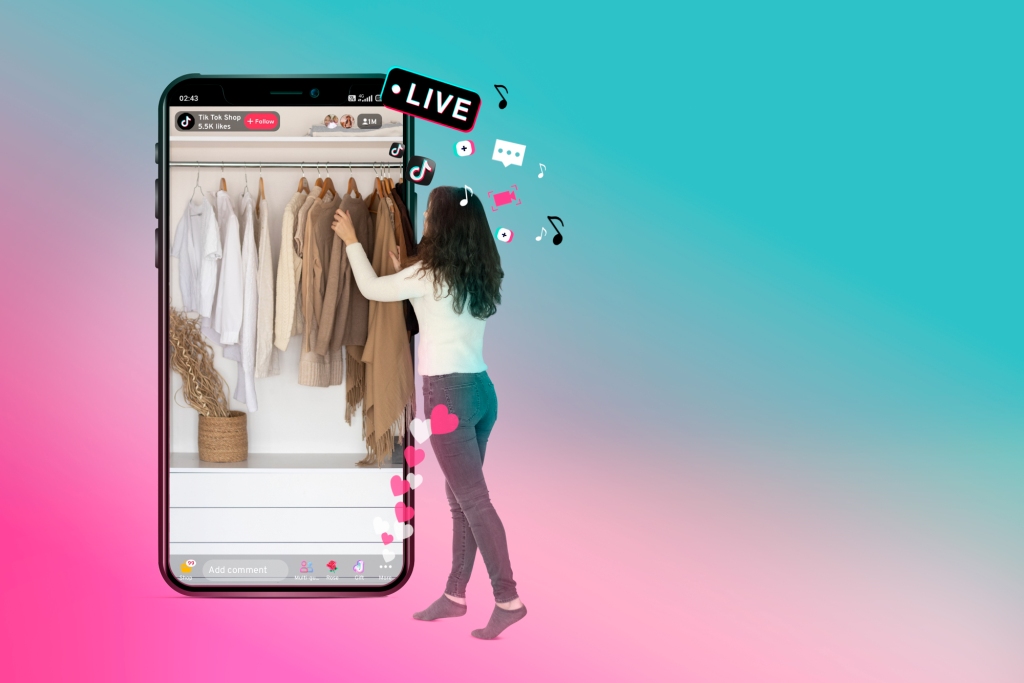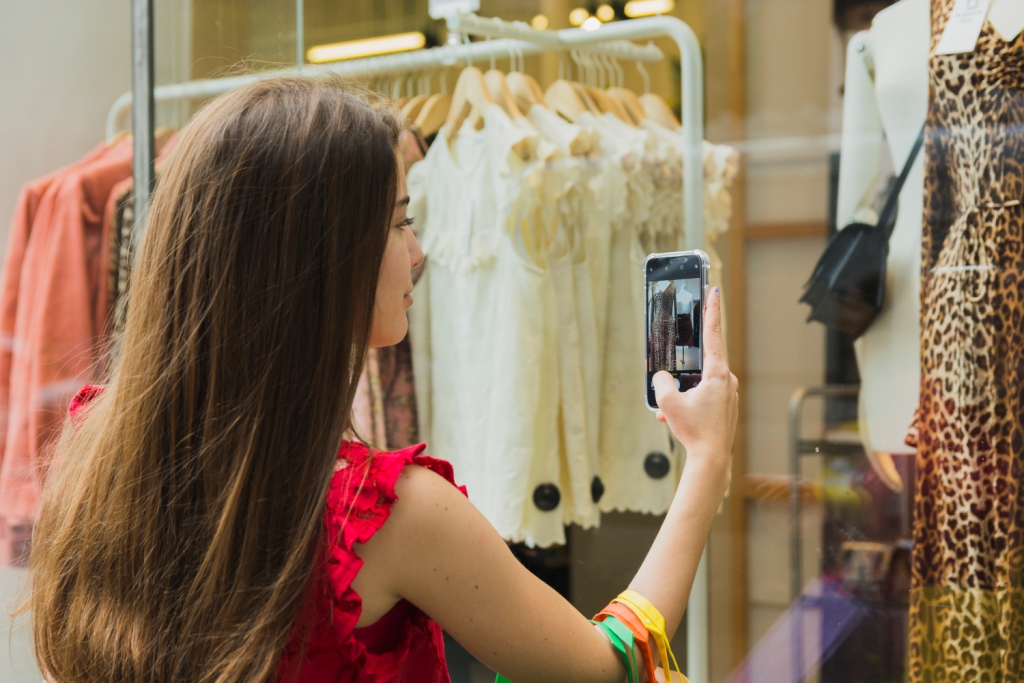- August 21, 2023
- Posted by: Renu Jangra
- Categories:

In today’s digital age, the fashion industry has witnessed a significant transformation thanks to the rise of social media and influencer marketing. With the click of a button, consumers can now access an endless stream of fashion inspiration, trends, and product recommendations. This new landscape has revolutionised the way we discover, consume, and engage with fashion. Let’s delve into the impact of social media and influencer marketing on the fashion industry.
Social media platforms like Instagram, Facebook, and Twitter have become virtual runways where fashion enthusiasts showcase their personal styles and share their fashion discoveries. The accessibility and immediacy of these platforms have democratised fashion, allowing anyone with a smartphone to become a fashion influencer. This democratisation has broken down traditional barriers and opened up opportunities for diversity and inclusivity with in the fashion industry. People from all walks of life can now express their unique fashion perspectives, paving the way for a more inclusive and representative fashion culture.
One of the most significant changes brought about by social media is the speed at which fashion trends spread. In the past, fashion trends were primarily dictated by designers and fashion editors. Now, influencers play a crucial role in shaping trends by curating and sharing their personal style with their followers. A single Instagram post or reel featuring a particular garment or accessory can quickly become viral, leading to skyrocketing sales and a surge in demand. As a result, fashion brands have had to adapt their marketing strategies to keep up with the pace of social media and capitalise on these trends.
Influencer marketing has emerged as a powerful tool for fashion brands to reach their target audience. By partnering with influencers, brands can tap into their large and engaged following to promote their products or services. These collaborations blur the lines between advertising and personal recommendation, as influencers often incorporate sponsored content seamlessly into their feeds. This authentic approach to marketing resonates with consumers, who are more likely to trust recommendations from influencers they follow and relate to.
The rise of social media and influencer marketing has also revolutionized the way fashion brands engage with their audience. Brands can now interact directly with consumers, gathering instant feedback, and adapting their strategies accordingly. Social media platforms provide a space for dialogue, where fashion enthusiasts can share their opinions, ask questions, and provide valuable insights. This direct interaction fosters a sense of community and loyalty among consumers, as they feel heard and valued by the brands they love.
However, the impact of social media and influencer marketing on the fashion industry is not without its challenges. The sheer volume of content and influencers can make it difficult for brands to stand out in the crowded digital space. With numerous influencers promoting similar products, consumers may become overwhelmed, leading to a decrease in trust and engagement. Additionally, the pressure to maintain a picture-perfect image on social media can contribute to unrealistic beauty standards and create a superficial perception of fashion.
To sum up, social media and influencer marketing have had a profound impact on the fashion industry in the digital age. These platforms have democratized fashion, allowing for greater diversity and inclusivity. They have accelerated the spread of trends and reshaped the way fashion brands engage with their audience. While challenges exist, the power of social media and influencer marketing in shaping the fashion landscape cannot be ignored. As we move forward, it will be crucial for brands and consumers alike to navigate this evolving digital landscape mindfully and responsibly.


